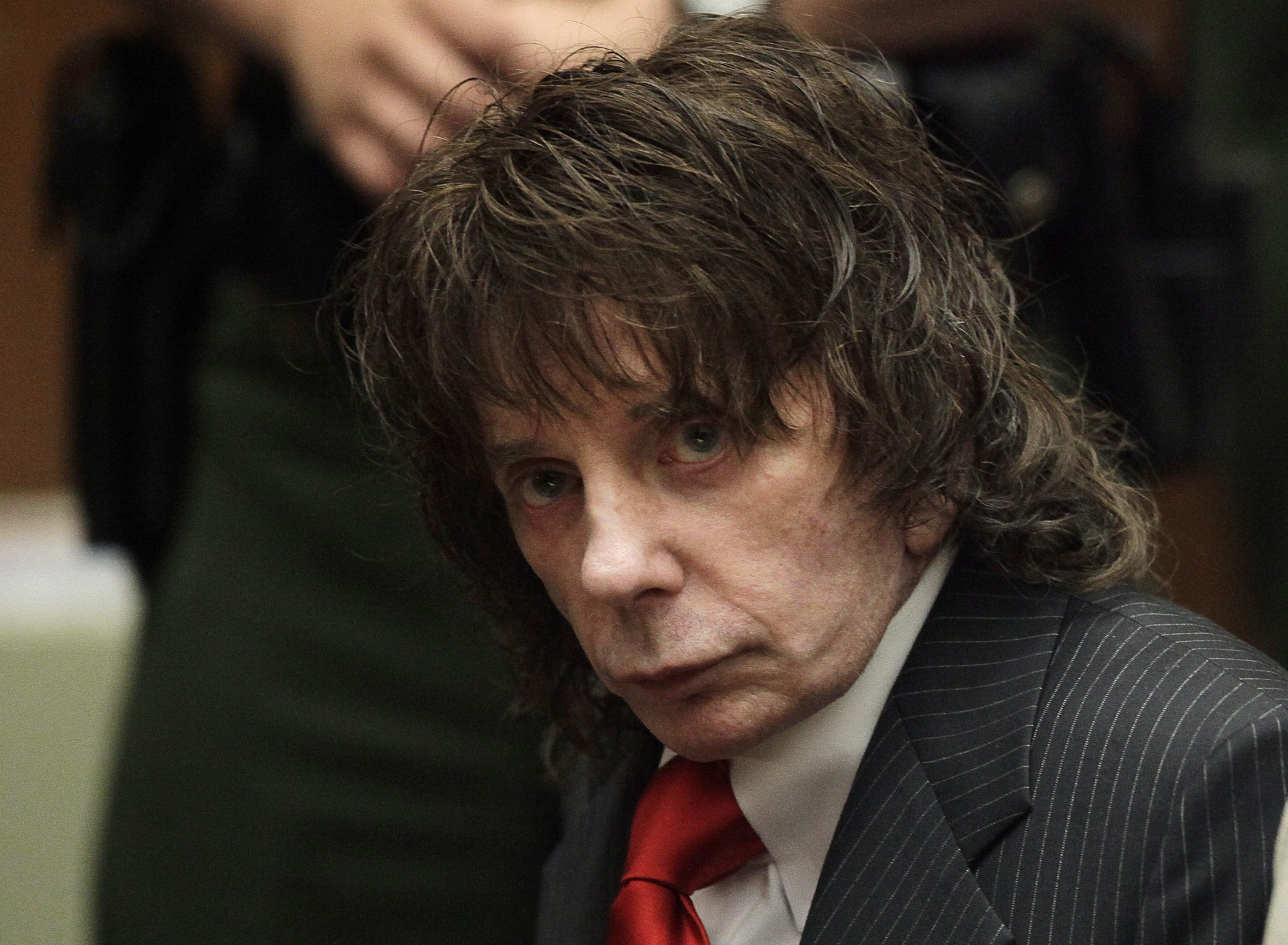Impact on Popular Culture

Celebrity deaths – The untimely demise of celebrities has a profound impact on popular culture, shaping societal norms and public discourse. The passing of iconic figures sends shockwaves through the entertainment industry, leaving an irreplaceable void in the hearts of fans and admirers worldwide.
Public Discourse and Media Coverage, Celebrity deaths
Celebrity deaths often become major news events, dominating headlines and sparking widespread discussion. The media plays a significant role in shaping public perception of these events, amplifying the emotional impact and fueling public fascination. The coverage often focuses on the celebrity’s personal life, legacy, and contributions to society, fostering a sense of collective loss and nostalgia.
In the ephemeral realm of celebrity, where stardom flickers like a dying flame, the passing of icons leaves an unfillable void. As the world mourns the loss of beloved stars, the bond between Holly Marie Combs and Shannen Doherty, forged in the crucible of the iconic TV show Charmed , serves as a poignant reminder of the fragility of life and the enduring legacy of those who touch our hearts.
Role of Social Media
In the digital age, social media has become an integral platform for expressing grief, sharing memories, and engaging in public mourning. Social media posts, tweets, and online tributes create a virtual space where fans can connect and process their emotions. The rapid spread of information and the ease of sharing personal experiences on social media intensify the impact of celebrity deaths, extending the public grieving process beyond traditional media outlets.
The ephemeral nature of life is a sobering reminder, as evidenced by the untimely passing of celebrities. Shannen Doherty, known for her captivating role in “Charmed,” left an enduring legacy despite her battle with cancer. Celebrity deaths often trigger a collective sense of loss, highlighting the fragility of human existence and the fleeting nature of fame.
Media Coverage and Sensationalism: Celebrity Deaths

The media plays a significant role in shaping public perception of celebrity deaths. In the age of 24/7 news cycles and social media, the news of a celebrity’s passing can spread like wildfire, often accompanied by a frenzy of media coverage. While the media can provide valuable information and help the public process their grief, it also has the potential for sensationalism and exploitation.
Ethical Considerations and Sensationalism
The media has a responsibility to report on celebrity deaths in a respectful and ethical manner. However, the line between legitimate news coverage and sensationalism can sometimes be blurred. Sensationalistic reporting can involve:
– Exaggerating or fabricating details about the celebrity’s life or death
– Focusing on salacious or scandalous aspects of the celebrity’s life
– Speculating about the cause of death without reliable information
– Publishing graphic or disturbing images or videos
– Hounding the family and friends of the deceased for comments
Impact on Public Perception
Sensationalistic media coverage can have a negative impact on public perception of celebrity deaths. It can lead to:
– Misinformation and confusion about the circumstances of the death
– A distorted view of the celebrity’s life and legacy
– Increased grief and trauma for the family and friends of the deceased
– A sense of voyeurism and exploitation
Responsible and Irresponsible Media Coverage
Responsible media coverage of celebrity deaths focuses on providing accurate and respectful information. It avoids sensationalism and respects the privacy of the family and friends of the deceased. Examples include:
– Reporting on the facts of the death without speculation or exaggeration
– Providing context and background information about the celebrity’s life and career
– Interviewing experts and family members to provide insights and perspectives
– Offering support and resources for those who are grieving
Irresponsible media coverage, on the other hand, prioritizes sensationalism over accuracy and respect. It may involve:
– Publishing unsubstantiated rumors or gossip
– Using inflammatory language or imagery
– Exploiting the death for ratings or clicks
– Harassing the family and friends of the deceased
Public Mourning and Collective Grief

The death of a beloved celebrity can trigger a wave of public mourning, a collective experience of grief and loss shared by individuals and communities. This phenomenon, driven by both psychological and sociological factors, offers insights into the complex ways in which we process loss and connect with others.
Psychologically, public mourning provides a sense of shared experience, allowing individuals to feel connected to others who are also grieving. This can mitigate feelings of isolation and loneliness, offering a sense of community and support. Moreover, the public nature of celebrity deaths can create a heightened sense of loss, as the deceased individual has often been a part of our lives through their work and media presence.
Role of Social Media and Online Communities
In the digital age, social media and online communities play a significant role in facilitating collective grief. These platforms provide a space for individuals to share their condolences, memories, and experiences related to the deceased celebrity. They also enable the formation of online support groups and forums, where people can connect with others who are grieving and share their emotions in a safe and supportive environment.
Impact on Individuals and Communities
Public mourning can have a profound impact on individuals and communities. It can lead to a range of emotions, including sadness, anger, and disbelief. In some cases, it can also trigger memories of personal losses, exacerbating the grieving process. However, public mourning can also have positive effects, fostering a sense of community, promoting empathy, and inspiring acts of kindness and remembrance.